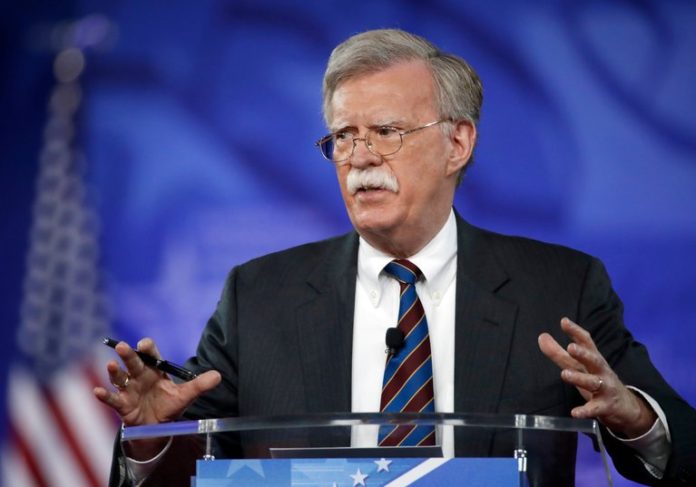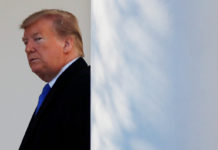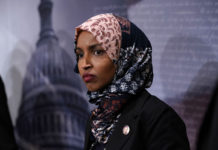
John R. Bolton is hardly known for sugarcoating his views. He once derided the United Nations by citing its 38-story headquarters in New York. “If it lost 10 stories,” he said, “it wouldn’t make a bit of difference.”
As it happened, Mr. Bolton went on to serve as the United States ambassador to the United Nations, perhaps the most undiplomatic of diplomats. But if President Trump wanted a national security adviser who would match his blunt, hard-edge, confrontational approach to the world, then Mr. Bolton fits the bill.
With his trademark bushy gray mustache and his take-no-prisoners style, Mr. Bolton positioned himself to the right even of the foreign policy veterans who emerged from President George W. Bush’s administration, a hawk among hawks, a hard-liner who thrills conservatives and chills moderates and liberals. From his perch on Fox News, he has impressed Mr. Trump with a muscular vision of American power and a dark assessment of America’s adversaries.
When he takes over as Mr. Trump’s third national security adviser in 14 months, Mr. Bolton will almost surely encourage Mr. Trump’s instincts against diplomatic agreements both consider weak and unwise. He shares the president’s derisive opinion of the Iran nuclear deal and will presumably prod him to scrap it when a May deadline arrives. He likewise takes a dim view of international agreements like the Paris climate change accord, from which Mr. Trump announced last year that he would withdraw the United States. He has called the “two-state solution” for Israel and the Palestinians dead.
But Mr. Bolton is not always in step with a president who sometimes veers back and forth between threatening “fire and fury” and eagerly seeking talks with foreign leaders. Mr. Bolton argues the virtues of pre-emptive military action against North Korea and scorns diplomacy of the sort Mr. Trump has embarked on with Kim Jong-un. He promotes more punitive sanctions against Russia rather than the kind of hand-holding flattery of President Vladimir V. Putin that Mr. Trump practiced even this week. He supported the Iraq war, which Mr. Trump calls a catastrophic mistake.
In an interview on Thursday evening on Fox, Mr. Bolton said he recognized that his role would be to play the honest broker bringing different views to the president, and that it would be up to Mr. Trump to make the decisions.
But he made clear that he also planned to be Mr. Trump’s enforcer. When the president makes a decision, he said, part of his job will be “making sure the bureaucracies get the decision and implement it.”
Mr. Bolton criticized the frequent leaks out of Mr. Trump’s national security team, saying that a president cannot conduct diplomacy “if some munchkin in the White House” is leaking information to the news media. “Leaking of that sort is simply unacceptable,” he said.
Mr. Bolton’s appointment elicited mixed reviews. “Selecting John Bolton as national security adviser is good news for America’s allies and bad news for America’s enemies,” said Senator Lindsey Graham, Republican of South Carolina. “He has a firm understanding of the threats we face from North Korea, Iran and radical Islam.”
Critics, however, expressed concern that a bomb thrower in words could become a bomb thrower in deeds. “Bolton played a key role in politicizing the intel that misled us into the Iraq War,” Senator Edward J. Markey, Democrat of Massachusetts, wrote on Twitter. “We cannot let this extreme war hawk blunder us into another terrible conflict.”
Clifford Kupchan, the chairman of the Eurasia Group, a consultant firm, sent a note to clients warning that Mr. Bolton’s appointment “increases risk across the board,” adding that it “makes U.S. foreign policy ‘America First on Steroids.’”
At…










